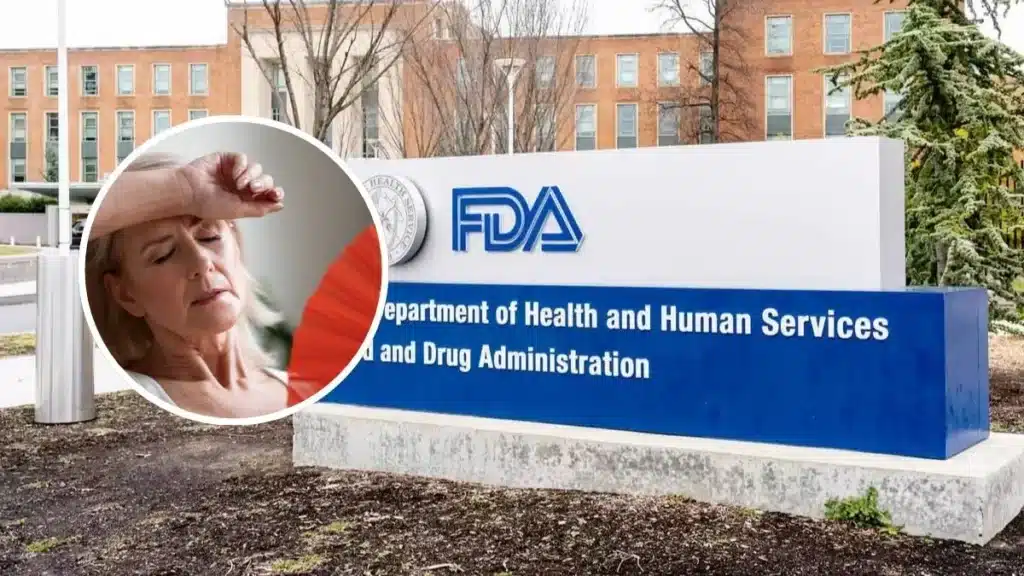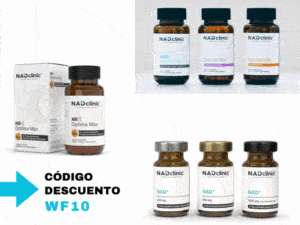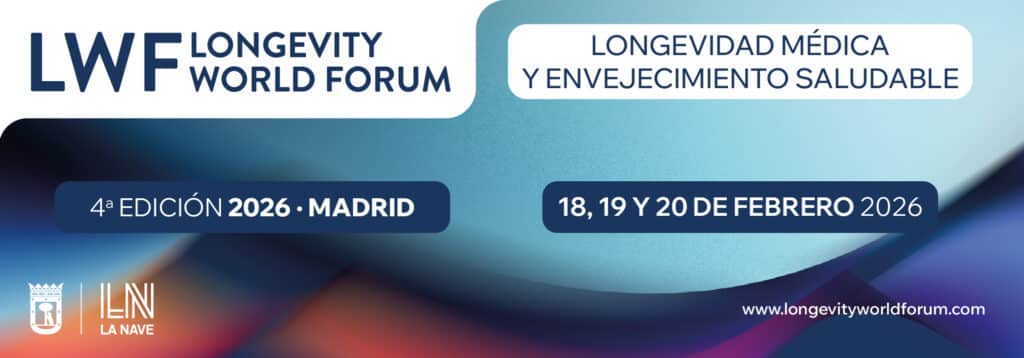For more than two decades, millions of women around the world have lived under the shadow of misinformation about hormone replacement therapy (HRT). Today, that narrative is changing dramatically. The U.S. Department of Health and Human Services (HHS) has announced the withdrawal of the most restrictive “black box warnings” on hormone treatments for menopause. This is a historic shift based on the latest scientific evidence and represents a complete rehabilitation of a treatment that is essential for women's wellbeing.
The decision, backed by Health Secretary Robert F. Kennedy Jr. and FDA Commissioner Marty Makary, comes after a thorough review of the scientific literature, analysis by a panel of experts and a public consultation process. The change officially acknowledges that the fear that has held back access to hormone therapy since the early 2000s was the product of misinterpretations of a study (WHI) whose results - and their clinical relevance - have been shown to be misunderstood and misapplied.
What changes from now on
The FDA is removing references to risks such as heart disease, breast cancer and dementia from the fact sheets of combined hormone therapy (oestrogen + progesterone). These warnings influenced medical practice for years, sowing doubts among women and health professionals alike.
Only the warning for the risk of endometrial cancer is maintained when oestrogens are used in monotherapy in women with a uterus.
According to ARPA-H director Alicia Jackson, this step “brings science back to the centre of women's health”, recognising that oestrogen not only relieves menopausal symptoms, but is a key physiological building block for the brain, heart, muscles, bones and immunity.

What it really means for women
The scientific evidence is clear:
- Start HRT in the first 10 years after the onset of menopause (and preferably before 60) reduces total mortality and fractures.
- It can reduce the risk of cardiovascular disease by up to 50%.
- Reduces the risk of Alzheimer's up to 35%.
- Decreases bone fractures between 50 and 60%.
- Improves sleep quality, body composition, mood and vitality.
This represents a turning point for healthy female ageing. For years, hormone therapy became a clinical taboo, despite being one of the most studied treatments with the best benefit profile when correctly indicated.
Impact for medical practice in Europe
Although the decision comes from the US, the implications for Europe are profound. The dominant narrative on HRT was globalised in the wake of the WHI study; its reinterpretation, and the US regulatory change, will inevitably shape the updating of European clinical guidelines.
This implies:
- Greater freedom for doctors and gynaecologists to recommend HRT without fear of regulatory reprisals.
- A transition to a more preventive, proactive and personalised menopausal medicine.
- Better access for millions of women who, out of fear or lack of information, have for years avoided treatment that could improve their physical, cognitive and emotional health.
The decision also coincides with the rise of longevity medicine and healthy ageing, where hormone optimisation plays a key role.
Access and new therapeutic options
The FDA also approved:
- First generic Premarin in over 30 years, This will facilitate access and reduce costs.
- A non-hormonal treatment for moderate to severe hot flushes, expanding the alternatives for those unable or unwilling to use hormones.
A historic reparation
In the words of FDA Commissioner Marty Makary, “tens of millions of women were denied life-changing benefits because of a distorted perception of risk”.
The move restores autonomy, clarity and scientific backing to one of the most important issues in women's health: how to live the menopausal transition fully, healthily and with longevity prospects.
For the European market - where women are living longer, but with more years of illness - this update is an urgent call to review policies, medical practices and beliefs that have limited the wellbeing of an entire generation.
Science corrects the course. Now begins the stage of giving back to women what has always belonged to them: reliable information, safe choices and the freedom to decide about your health.






